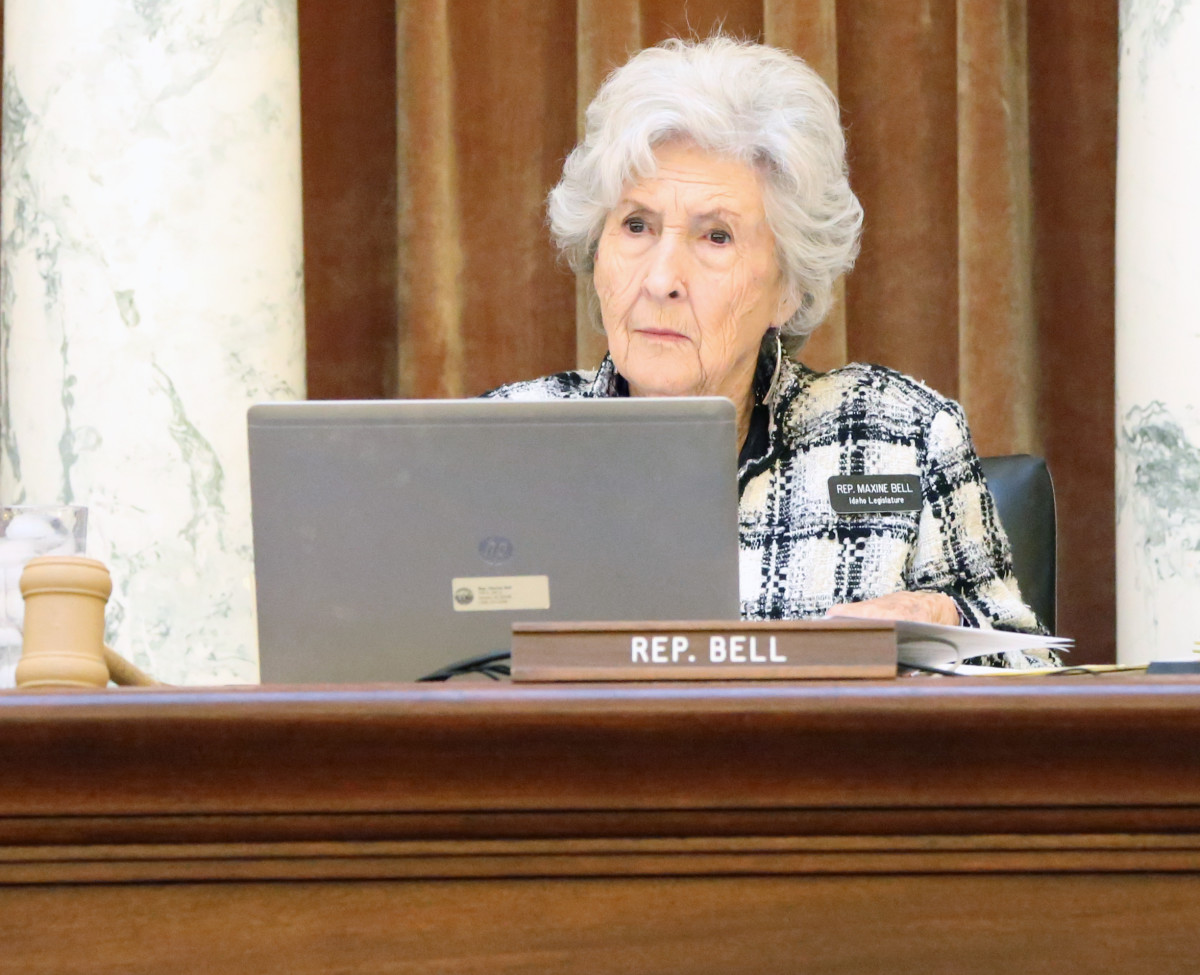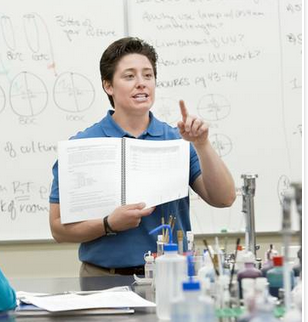And the latest Idaho Education Network bill: $971,694.
That’s how much the Joint Finance-Appropriations Committee earmarked Wednesday to cover more legal fees in the broadband contract mess.
The House-Senate budget committee went back to work Wednesday morning to start tying up the loose ends of the 2016-17 budget.
The $971,694 would cover legal fees and interest the state owes to Syringa Networks, the Internet vendor that successfully sued the state to throw out the $60 million Idaho Education Network contract.
JFAC’s approval — on a unanimous 19-0 vote — comes as little surprise. On March 1, the state Supreme Court ruled that Syringa was entitled to legal fees, upholding a similar District Court ruling. On Tuesday, the state’s Board of Examiners recommended the payment to Syringa.
The payment to Syringa represents only a sliver of the potential costs from the network’s demise.
Idaho has already paid $1.1 million to Hawley Troxell, the Boise law firm that has represented the state.
Two Idaho Education Network vendors, Education Networks of America and CenturyLink, have filed tort claims against the state, claiming they are owed at least $6 million in unpaid project costs. These vendors have not yet sued the state, but could still do so.
Meanwhile, the state could be forced to return — or write off — more than $25 million in federally administered payments. These “e-Rate” payments, collected from telephone surcharges, were supposed to cover the bulk of the network’s costs. But e-Rate payments were put on hold as the Idaho Education Network lawsuit worked its way through the courts.

The $971,694 spending bill — which still must pass the House and Senate — would close the books on Syringa’s legal fees. However, it isn’t necessarily the last chapter in the network saga.
“I don’t see an end at this point,” said Rep. Maxine Bell, R-Jerome, JFAC’s House co-chair. “The rest of it, I don’t know. It’s above my pay scale.”
JFAC pieced together a few education budgets Wednesday morning, and left other items until Friday. Here’s what happened Wednesday, and where things stand:
STEM. Budget-writers put some seed money into a STEM endowment — but not nearly as much as Gov. Butch Otter requested.
JFAC voted to put $2 million into a new STEM Education Fund, which would pay for new programs in science, technology, engineering and math. The state’s STEM Action Center would have the go-ahead to spend the $2 million on a new computer science initiative.
However, Otter had sought $10 million, funding that would create a long-term STEM endowment. Otter and STEM center supporters were pushing for an endowment, in hopes of attracting private matching donations.

“It’s something I’ve definitely been concerned with, and industry as well,” STEM Action Center executive director Angela Hemingway said after Wednesday’s vote.
In the short run, she said, the center will focus on launching the computer science initiative — adopting new classroom standards and providing training for computer science teachers.
Broadband grants. JFAC approved $2.7 million for a fund to help school districts purchase broadband locally.
The Broadband Infrastructure Investment Grant fund — or BIIG — would help cover up to 10 percent of a district’s broadband costs.
The fund is the byproduct of a legislative committee, which studied the state’s high-speed Internet needs in the aftermath of the Idaho Education Network’s demise. A bill to set up the fund has passed the Senate and awaits a final vote in the House.
Literacy. The budget committee took no action Wednesday on another Otter initiative — a $10.7 million proposal to provide extra reading help for kindergartners through third-graders.
Both houses have passed a pair of bills that lay the groundwork for the literacy program — one bill mandating 30 to 60 hours of extra help for struggling students, and a parental notification bill. But neither bill funds the literacy initiative.
More than 36,000 kindergartners through third-graders are not reading at grade level. Otter’s $10.7 million equates to an additional $290 per student.
JFAC will consider the literacy budget Friday morning. The committee might also consider other K-12 “trailer” spending bills: one bill to provide money for schools that add enrollment during the school year, and a second bill to fund a school innovation pilot plan. However, there’s no guarantee JFAC will address the “student mobility” or school innovation issues Friday.
